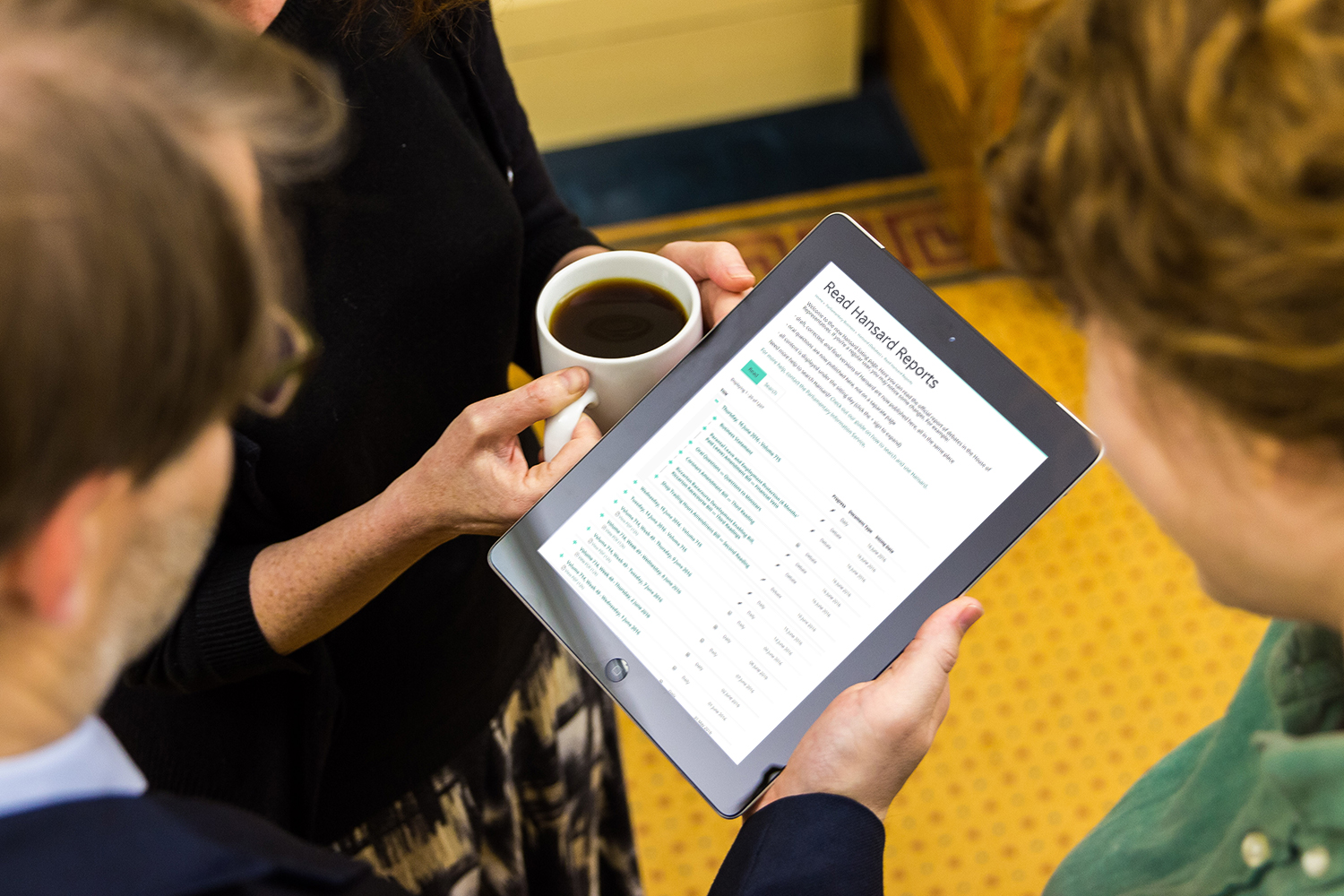Source: Govt’s austerity Budget to cause real harm in communities
Hon JENNY SALESA (Labour—Panmure-Ōtāhuhu): Mr Chair, thank you for this opportunity. It is my first opportunity to speak on behalf and to ask questions of the Minister on behalf of my constituents, especially women from South Auckland and thousands of women from Panmure-Ōtāhuhu, who will unfortunately be affected by the passage of this bill. It is still shocking to me and I still cannot believe that we are here under urgency debating the Equal Pay Amendment Bill.
I’d like to ask the Minister questions about clause 52(2) of the Equal Pay Amendment Bill. This clause may sound technical, but in reality this clause is a direct attack on the rights of women and our most vulnerable workers. This will replace the existing threshold for initiating a pay equity claim from “arguable” to “has merit”. This may seem like a small language change, but make no mistake, this is a calculated move to raise the bar and lock the courtroom doors to thousands and thousands of women across Aotearoa New Zealand and in particular to Māori, Pacific, migrant, and ethnic community woman.
Under the current law built on the hard-fought gains of the Terranova v Bartlett case, a claim only needs to be arguable. This means that they must bring a credible case of undervaluation worth investigating, not a fully proven thesis before the process even begins. But when this bill gets passed—which will be later on today because we are under urgency—this National-led Government wants to change that. The coalition Government wants women to come armed with legally analysed cases, market data, and evidence before they could even begin the process. That is not access to justice. In my opinion, that is obstruction to justice for our women. It has a systematic silencing of women in low-paid female-dominated industries like our care workers, our cleaners, our teacher aides, and our education support workers.
To be crystal clear, when it is “arguable”, the door to justice is more open; when it is changed to “has merit” under this new clause, it bolts that door shut. The Minister knows, her Cabinet colleagues know, that this will mean fewer claims. It will mean more rejections at the starting line and it will mean that more employers who benefit from systematic undervaluation will be handed more power to deny justice right at the beginning of the process. This is not progress. This bill will take our country backwards.
So my question to the Minister is: how will the Minister ensure that the term “merit” is not used to justify historical gender pay gaps disguised as performance-based differences? Also, can the Minister let us know, in the absence of a regulatory impact statement, which we do not have, what safeguards are there under this bill to prevent employers from relying on subjective or biased assessments of merit that may disproportionately disadvantage women. Does the Minister—another question—accept that historical undervaluation of women’s work stems from societal biases, and how does this clause on merit address this rather than reinforce it?
This bill, in my opinion, is economic violence against women, especially our Māori, our Pacific, our migrant, and our ethnic women who do essential work for little pay and even less recognition. This clause is betrayal of the bipartisan consensus that delivered pay equity progress in this country. It ignores the recommendations of experts, unions, and the Human Rights Commission, and it violates the spirit of our obligations under the Convention on the Elimination on all forms of Discrimination Against Women and the International Labour Organisation convention No. 100.
Another question for the Minister to consider: who asked for this change? Who benefits from this change? Because it most certainly isn’t the women of Aotearoa and it is most certainly not fair nor justice for women of Aotearoa New Zealand. Thank you very much.
